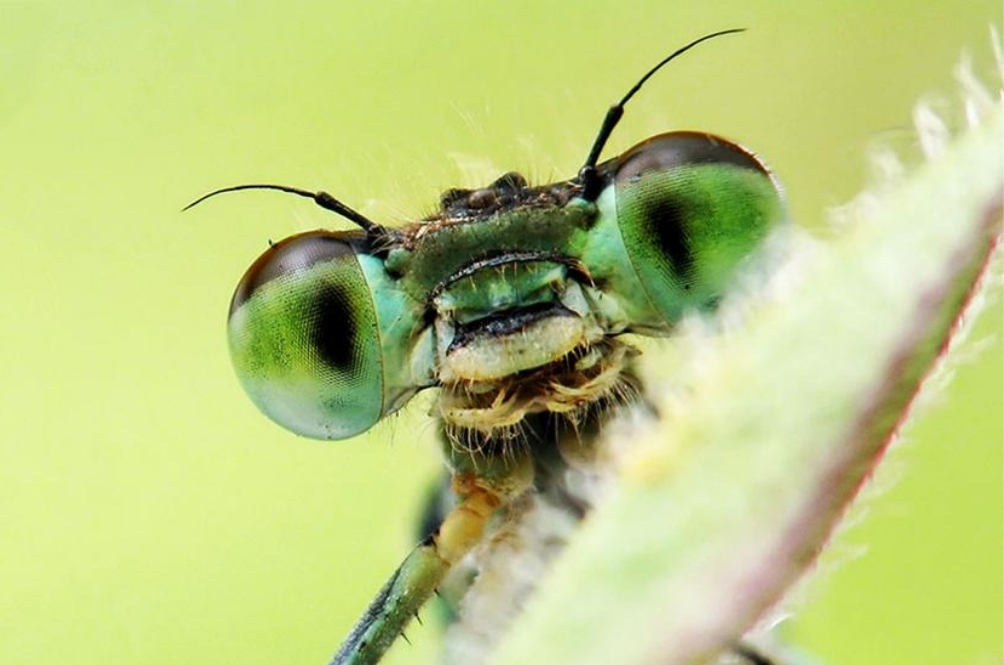Will Insects Go Extinct in 10 Years?

Are insects really taking their path to extinction? Is this really a collapse of the ecosystems of nature? The answer is yes, according to a scientific review.
We learned that more than 40% of the species of insects are declining and a third is already endangered. We also learned that the rate of extinction is not eight times faster than the rate of extinction of mammals, reptiles, and birds. The entire family of insects is slowly falling by 2.5% a year, according to some studies. With all of this in mind, we could say that in about ten years, all the insects could just disappear.
We live on a disastrous planet – this is the sixth mass extinction that could happen in history, and we already have huge losses in the larger animals (which are actually easier to study). However, insects are the most varied creatures we have, and they outweigh humanity by 17 times. We actually need them for all of our ecosystems to function properly – they represent food for other creatures, pollinators and they are also recyclers of nutrients.
We have recently seen how the insect population simply collapsed in Germany and Puerto Rico, but some studies show that the crisis went global. This potential extinction will have a huge – negative – impact on all of the forms of life from our planet.
What can we do in this situation?
What we need to do is to change the way we make food, or we can say our goodbyes to the insects. The result of this will be catastrophic to our planet if we keep going this way.
The entire analysis was published in the journal called ‘Biological Conservation,’ and it shows that the decline happens due to the heavy use of pesticides. Also, climate change plays an important role.
0 comments